Posted on 12/19/2025
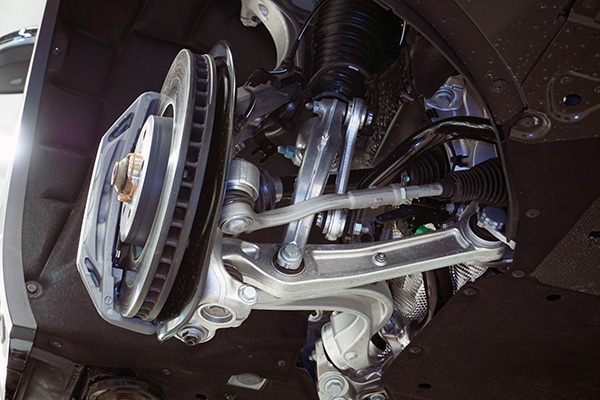
A dull clunk from the front or rear of your car can be hard to describe, but you know when it does not sound right. It may show up over speed bumps, when you ease into a driveway, or as you turn into a parking spot. Many of those thumps and knocks come from the sway bar system, and two of the most common culprits are the end links and the sway bar bushings. What the Sway Bar, End Links, and Bushings Actually Do The sway bar is a steel bar that ties the left and right suspension together to control body roll in corners. End links connect the bar to the suspension arms, while bushings hold the bar to the chassis and let it twist without metal-on-metal contact. When everything is tight, the car feels stable and composed; when these parts wear, the bar can shift and tap against its mounts, which often turns into the light clunks and knocks you hear inside the cabin. Common Clunking Noises Drivers Hear From the Suspension Sway bar noises tend to follow ... read more
Posted on 11/28/2025
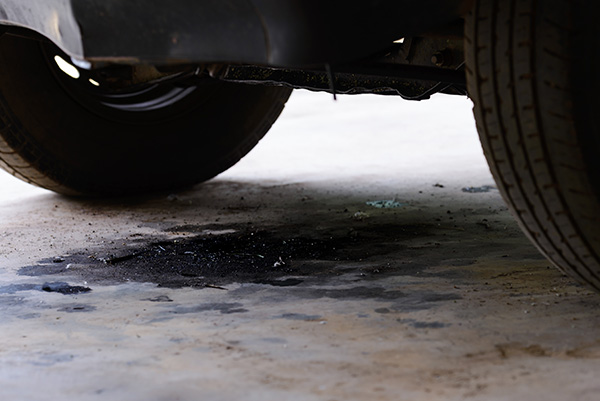
Oil keeps your engine cool, clean, and protected from wear. When it starts to leak, the damage is rarely instant, but it builds with every mile. Small spots on the driveway often turn into bigger problems that affect belts, sensors, and even the catalytic converter. Catching an oil leak early saves money and protects engine life, especially if you rely on your car for daily commuting or family trips. Why Oil Leaks Happen Modern engines use a mix of rubber seals, formed gaskets, and precise metal surfaces to keep oil in and dirt out. Heat cycles harden rubber over time. Pressure changes push on weak points. Old, oxidized oil can leave varnish that prevents seals from sliding smoothly. Common triggers include overdue oil changes, short-trip driving that never burns off moisture, and small crankcase ventilation problems that raise internal pressure. Once a leak begins ... read more
Posted on 10/31/2025
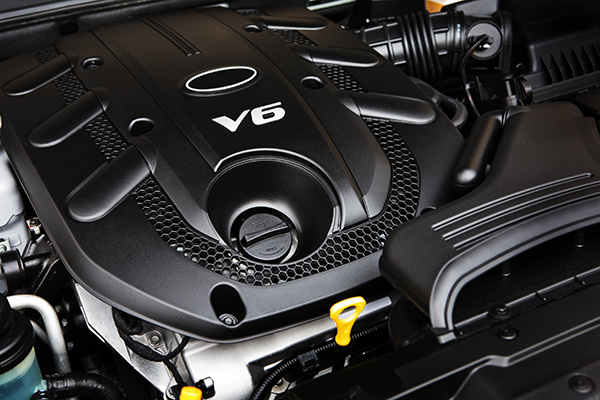
When your car starts making unusual sounds, it’s usually not just being quirky. Strange noises are your vehicle’s way of telling you that something isn't working the way it should. Ignoring them could lead to bigger, more expensive repairs or even safety risks down the line. That’s why it’s important to know what to listen for and what those sounds might mean. Here are five car noises you shouldn’t ignore, and what might be causing them. 1. Squealing or Screeching While Braking If you hear a high-pitched squeal every time you press the brake pedal, it likely means your brake pads are worn down. Most brake pads have a built-in wear indicator that makes this noise when the material gets thin. In some cases, the squeal may also come from a glazed rotor surface or low-quality brake parts. Either way, this is a warning you don’t want to overlook. Letting your brake pads wear too far can lead to metal-on-metal contact, damaging you ... read more
Posted on 9/26/2025
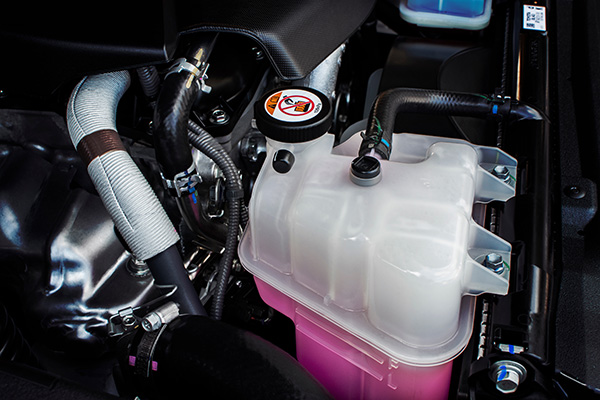
It’s easy to be skeptical of automotive services that aren’t part of your regular routine. Oil changes make sense. Brake jobs are obviously important. But what about a coolant flush? If your engine isn’t overheating and there are no warning lights on your dashboard, is this service really necessary, or is it just something a mechanic suggests to pad your invoice? The truth is, coolant flushes are a vital part of vehicle maintenance. They protect your engine from long-term damage and help prevent breakdowns, especially in places like Georgia, where high summer heat and humidity can put extra stress on your vehicle. What Coolant Does Coolant, also known as antifreeze, is a specially formulated liquid that regulates your engine’s temperature. It flows through your engine, pulling heat away and carrying it to the radiator, where it&rsqu ... read more
Posted on 8/29/2025
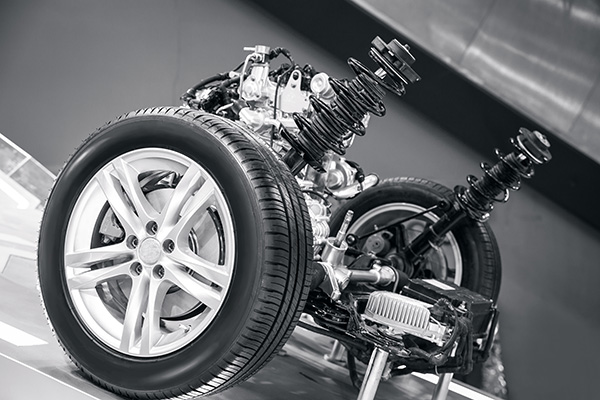
Your vehicle’s shocks and struts are key components of the suspension system. They are designed to keep your tires in contact with the road, absorb bumps, and maintain control while driving. When they wear out, your vehicle’s handling, safety, and comfort are all affected. Because shocks and struts wear down gradually, many drivers do not notice the problem until it becomes serious. Understanding their role and the signs of wear will help you stay ahead of costly repairs and avoid unsafe driving conditions. The Role of Shocks and Struts Shocks and struts serve similar purposes but are built differently. Shocks are separate components that work with other suspension parts to control movement. Struts combine the shock absorber and structural support into one unit, playing a larger role in the vehicle’s suspension geometry. Both help control the motion of the springs, keeping your tires firmly on the road surface. Without them, your car would bounce ... read more